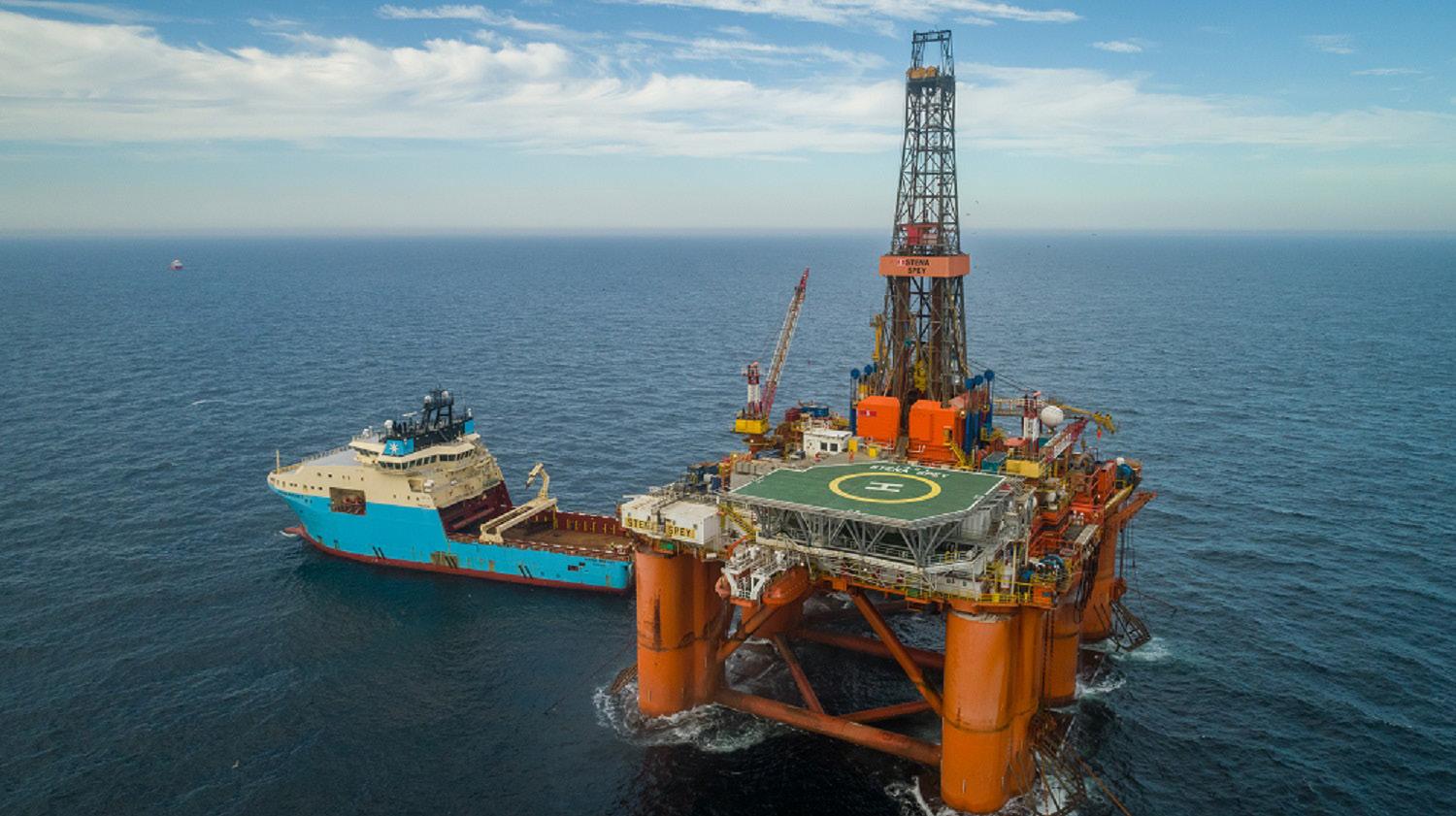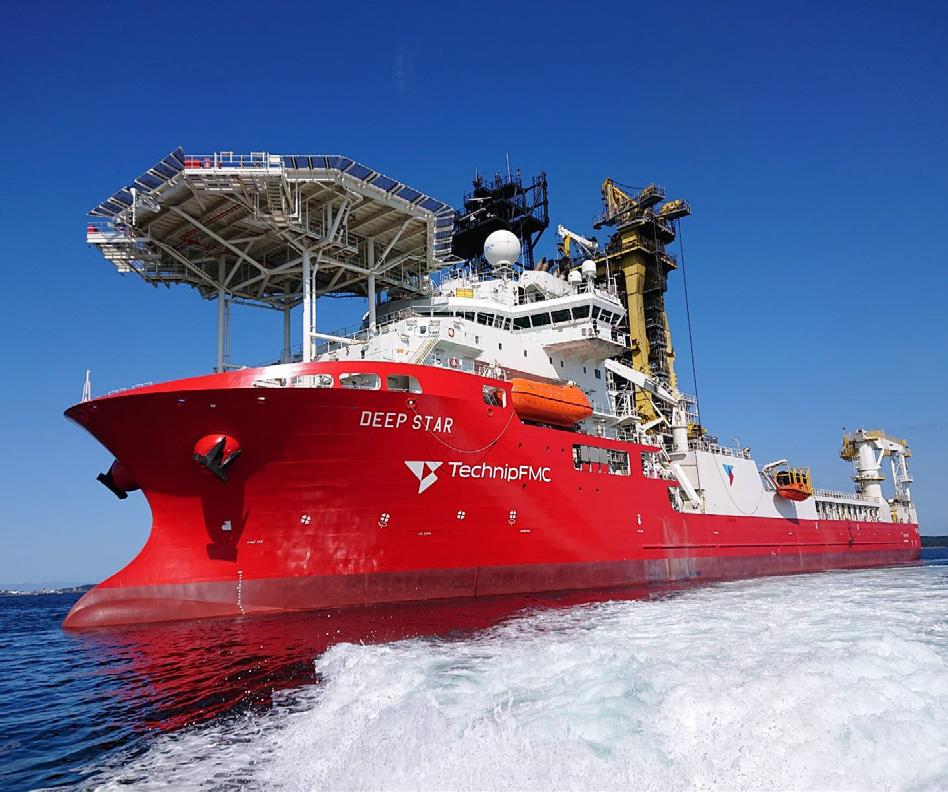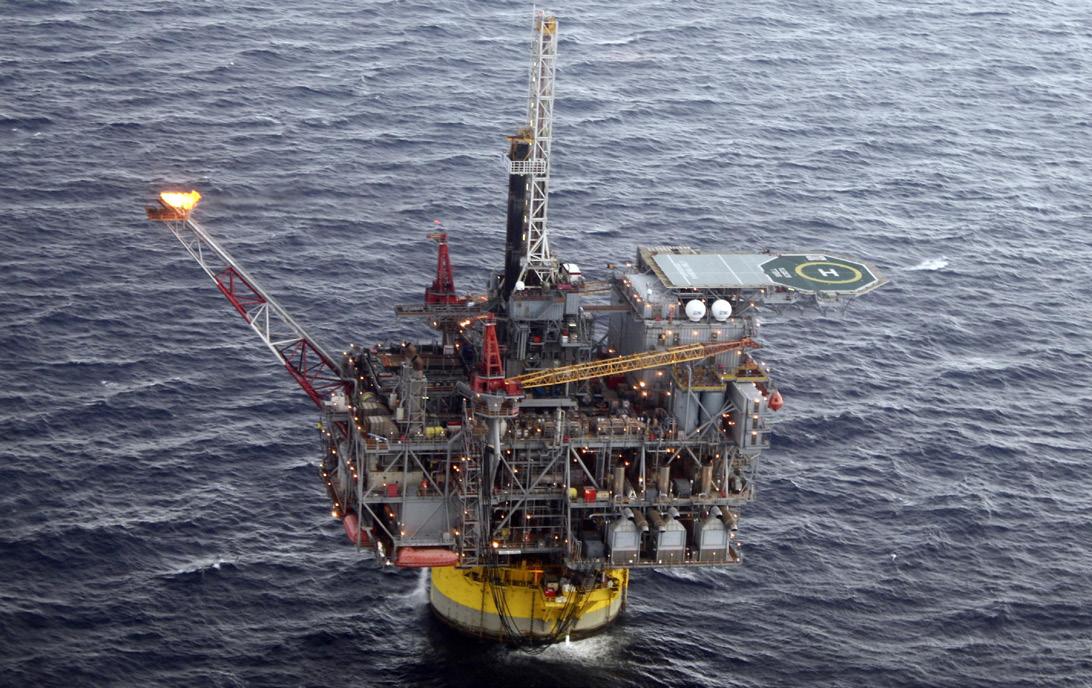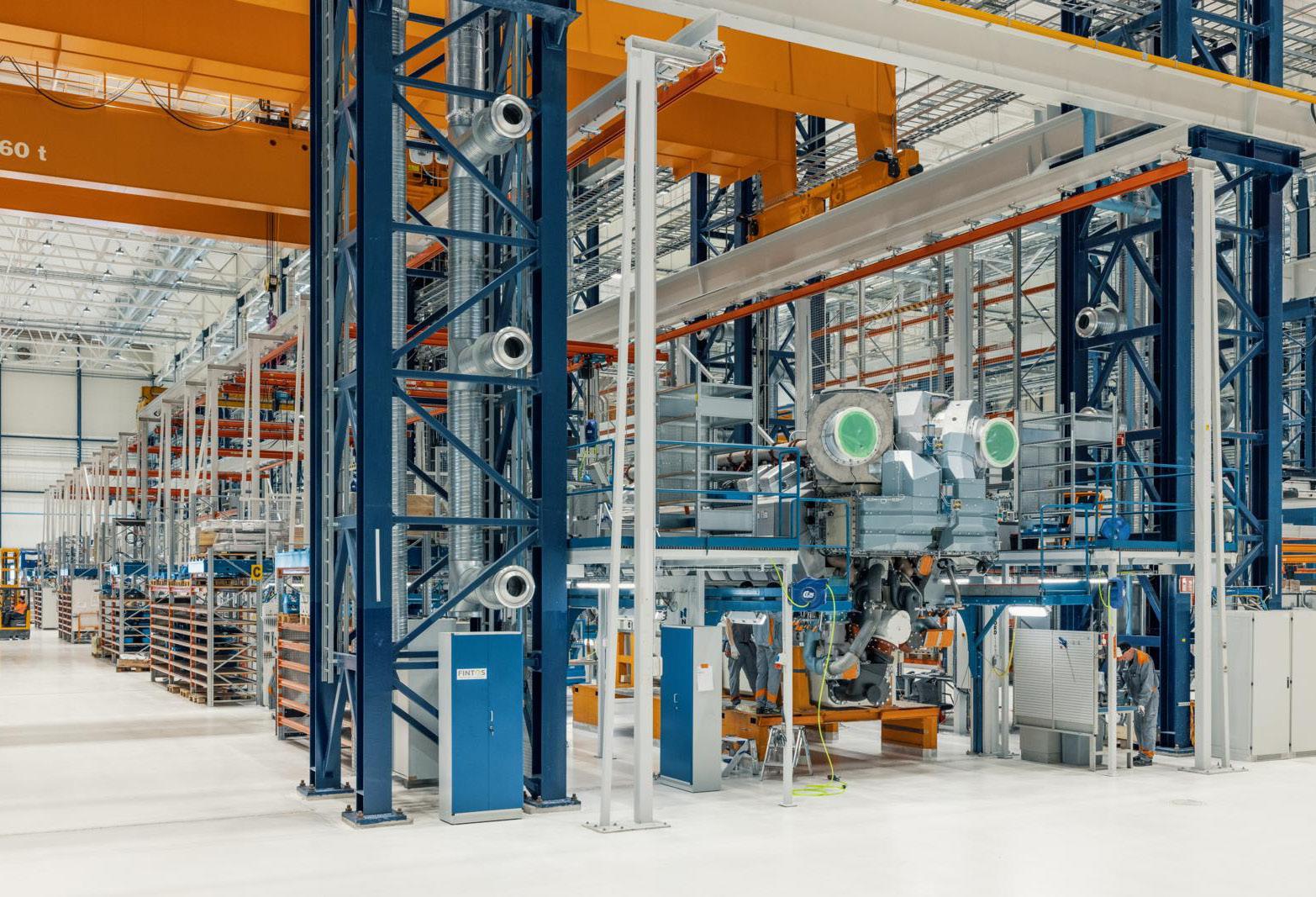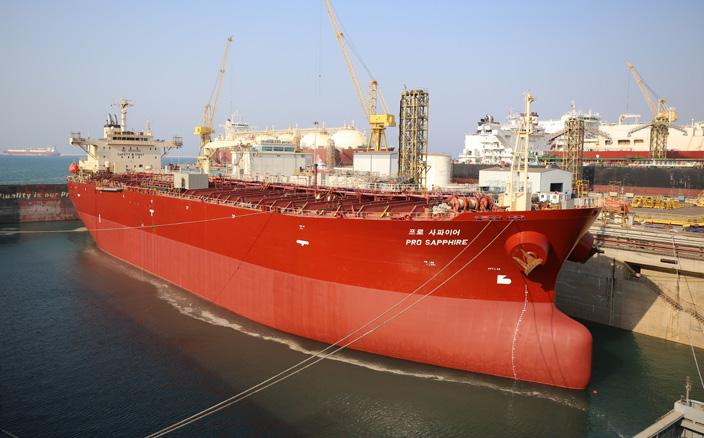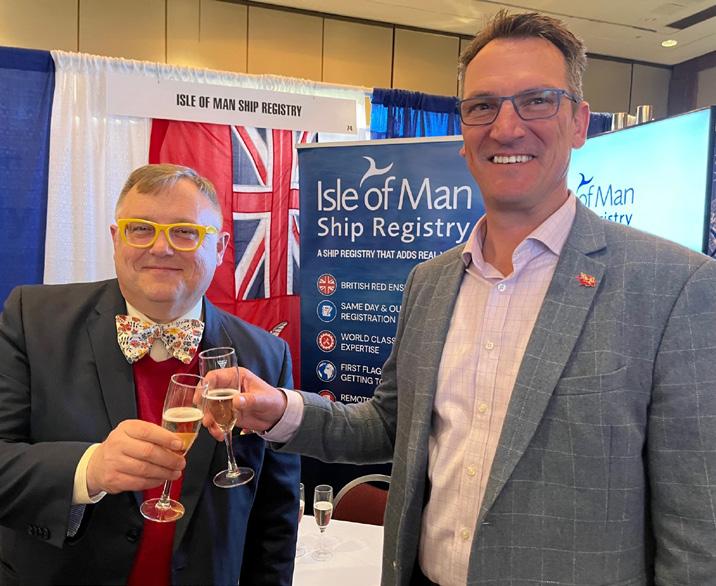Emissions SSA underlines its commitment The Singapore Shipping Association (SSA) has underlined its commitment to reducing shipborne emissions by signing a partnership agreement with the Global Centre for Maritime Decarbonisation (GCMD) to support and accelerate efforts towards helping the industry achieve its decarbonisation obligations. The agreement, which was signed last week in Singapore, will pave the way for greater cooperation between both organisations, in the fields of knowledge and data sharing when it comes to maritime decarbonisation initiatives, such as green corridors and pilot programmes, to help accelerate the adoption of low- or zerocarbon solutions. With the global shipping industry looking at new fuel technologies to drastically reduce GHG emissions, such as LNG that is currently available, and ammonia and methanol moving forward, the opportunity to collaborate on such projects and initiatives is vitally important. Caroline Yang, President of SSA, welcomed the agreement, saying it is an important step forward in SSA’s determination to play a leading role in reducing shipboard emissions. She said, “We are delighted to be working with the Global Centre for Maritime Decarbonisation, especially as Singapore intensifies its decarbonisation efforts in the maritime sector, with the recent unveiling of a blueprint that sets out strategies and goals to be achieved by 2050 and the resources to support these initiatives.” Professor Lynn Loo, CEO of GCMD, added, “Collaboration and alignment across the
The Alfa Laval E-PoerPack
industry is key to decarbonising the sector. SSA is a trusted advisor and partner to more than 470 member companies across the ecosystem as well as related government agencies. “This partnership is an opportunity for GCMD to understand industry concerns around the technical and standards challenges to better ideate pilots and trials, as well as share insights from other decarbonisation projects through SSA’s technical committees. GCMD can also help to support the shaping of standards and guidelines through our involvement in the various standards development organisations.”
Darren Shelton, Chief Product Officer of FuelTrust (left) and Cameron Mitchell, Director of IOMSR
Alfa Laval leads road to decarbonisation
FuelTrust and IOMSR sign MoU
As the marine industry works to decarbonise, Alfa Laval is at the forefront of preparing technologies to make it happen. Now the first of many new energy solutions is coming to fruition - the Alfa Laval E-PowerPack. Able to convert waste heat directly into electrical power, the E-PowerPack reduces fuel consumption and CO2 emissions – creating a simple, costsaving tool for complying with new sustainability requirements. “Alfa Laval is pursuing a wide range of technologies to support decarbonisation, both independently and with partners,” says Lars Skytte Jørgensen, Vice President Technology Development, Energy Systems, Alfa Laval Marine Division. “Fuel cells and many other innovations are in the pipeline, but the first critical step is to leverage the existing energy on-board. The E PowerPack does that in a revolutionary way, while building on Alfa Laval’s many decades of waste heat recovery experience.” Launching in April, the E-PowerPack is a self-contained solution that can generate electricity from many different heat sources onboard. These include exhaust gas waste heat, which accounts for 50% of the energy from combusted fuel, but also liquid sources at lower temperatures, such as engine jacket water. All can make a sizeable difference. Regardless which fuels they operate with today, fleets can use the E-PowerPack to reduce their fuel consumption, emissions and costs. On vessels where moving to low-sulphur fuel has created a surplus of steam, the E-PowerPack will transform the excess into a free source of power. Going forward, the E-PowerPack will also be vital as energy recovery becomes key in transitioning to green methanol and ammonia.
Houston-based FuelTrust and Isle of Man Ship Registry (IOMSR) have signed a MoU, which will see IOMSR use FuelTrust’s fuels and emissions digital technology to validate vessels for the flag’s Green Ship scheme and to collaborate on further projects to incentivise and enable emissions reductions. The collaboration and co-operation agreement will enable shipowners and operators registered with the IOMSR to use FuelTrust’s Bunker Insights product to predict, measure and authenticate their fleets’ emissions reductions. Under this collaboration, IOMSR will accept FuelTrust’s AI-based validation of a vessel’s performance regarding its emissions and fuel quality programmes. This will make vessels using Bunker Insights eligible for IOMSR’s green ship designation and benefit from discounts or offerings on their annual registration fee. The Green Ship discount programme, which came into effect on April 1st 2022, is available to operators of cargo ships, commercial yachts or passenger ships that invest in biofuel, alternative fuels, wind, or shore-side energy technology. FuelTrust and IOMSR will collaborate further to explore methodologies for tracking emissions reductions from zero-carbon fuels, among other projects, to reduce GHG emissions. FuelTrust’s solutions use its AI Digital Chemist to simulate combustion on a molecular level to track fuel quality, energy, and emissions profiles. AI Digital Chemist combines the known characteristics of a fuel batch, with class data on the vessel engine, and data from the day logs to precisely establish what results when fuel is burned. This gives a far more accurate picture than current emissions models and estimates,
Page 46 – www.shipandoffshorerepair.com

